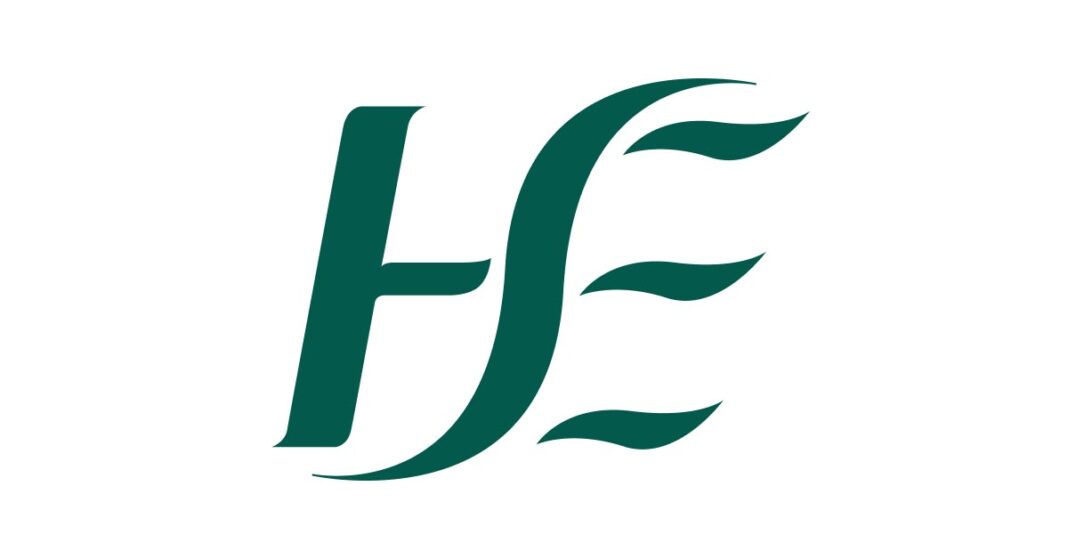Public Health HSE Mid-West and the UL Hospitals Group are appealing to parents to avail of the free nasal spray flu vaccine for their children as we expect to see a spike in flu cases in the coming weeks.
The nasal spray vaccine is free at participating GPs and pharmacies for all children aged 2-12 years and children aged 13-17 who are at high risk of flu.
Our latest surveillance data* indicate that flu season has commenced, and likely we will see an increase in cases in the community in the coming weeks. This will have a negative impact on healthcare services, including hospitals and long-term care facilities.
Facts for parents
- Children are twice as likely as adults to catch the flu
- Children can carry the flu in their system longer than adults, so are more likely to spread the flu
- 1 in 10 children will attend the GP with flu every winter
- Flu can be very serious in children, causing pneumonia, bronchitis, brain inflammation,
- Over a recent 10 year period in Ireland, 5000 children were hospitalised with flu, 200 were admitted to intensive care and 40 died
Dr Breda Cosgrove, Consultant in Public Health Medicine, Public Health HSE Mid-West, said: “Flu is a serious illness that can be dangerous in children leading to complications such as pneumonia and bronchitis. The nasal spray flu vaccine is quick and painless and it will protect your child against flu this winter. In addition, by vaccinating your child, you’ll help to prevent the spread of flu to other members of your family such as grandparents who may be vulnerable.”
Dr Daryl Butler, Paediatric Respiratory Consultant at the Children’s Ark in University Hospital Limerick, said: “The risk of influenza (flu) for children, especially those with an underlying health condition, can be reduced through the use of the easy, painless, safe and widely available nasal flu vaccines. Not only will the vaccine help them avoid flu, but also significantly reduce the risk of hospitalisation in the most serious cases.
“At UHL Children’s Ark over the next 6-8 weeks, we are expecting to see the same spike of flu infections in children that we have seen in previous years. Children are already presenting to hospital with an increasing incidence of breathing illnesses. Flu symptoms can be minor for some, but quite significant for others, particularly those with pre-existing heart or lung conditions. In the past 10 years in Ireland, almost 5,000 children were admitted to hospital with complications of flu, of whom under 200 were treated in intensive care.
“Over the past year, UHL saw 135 children admitted to the paediatric high dependency unit, and 42% of those children required some form of breathing support. Many more required treatment in our inpatient wards. Thankfully, to a large degree, this illness can be avoided in children through the use of simple interventions such as hand washing, coughing and sneezing etiquette, as well as availing of the nasal flu vaccine,” Dr Butler said.

